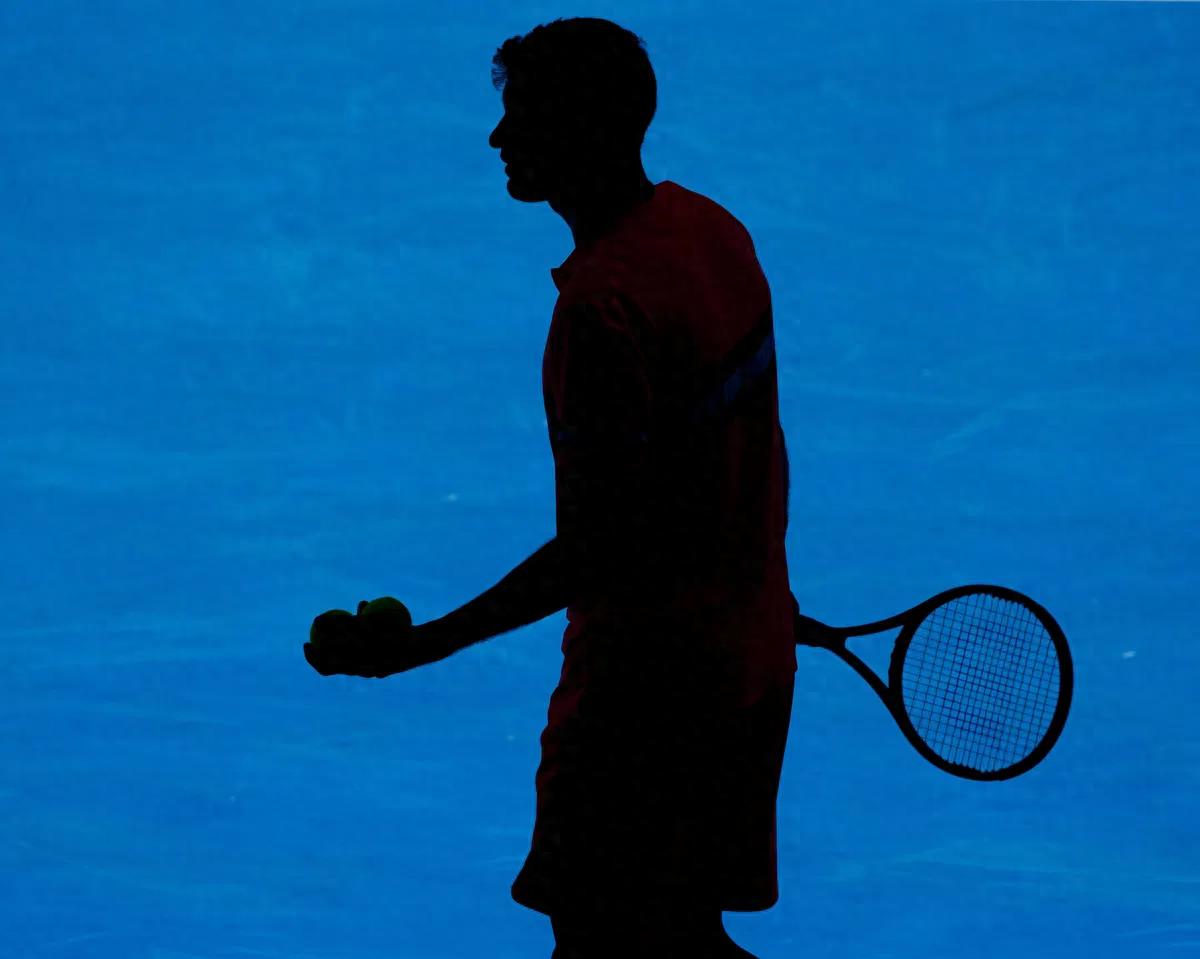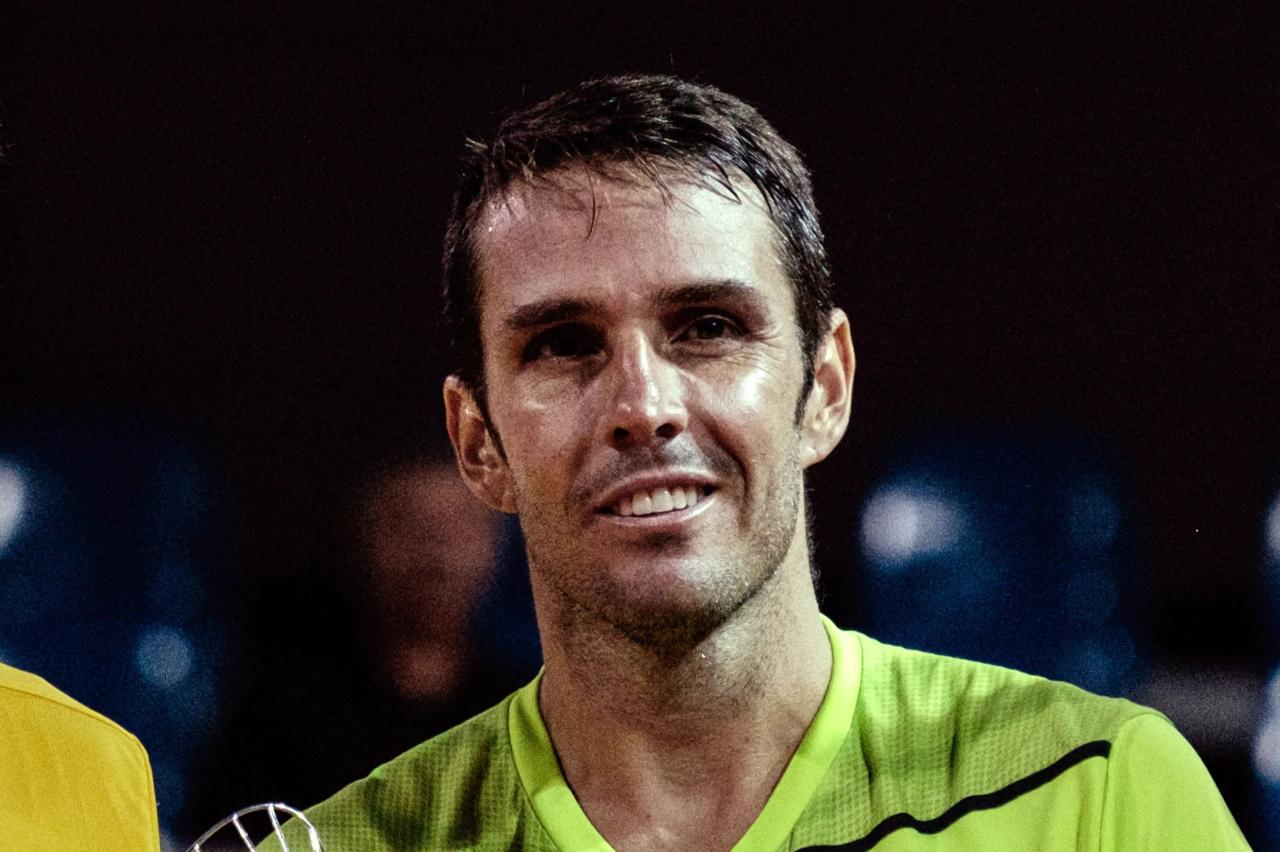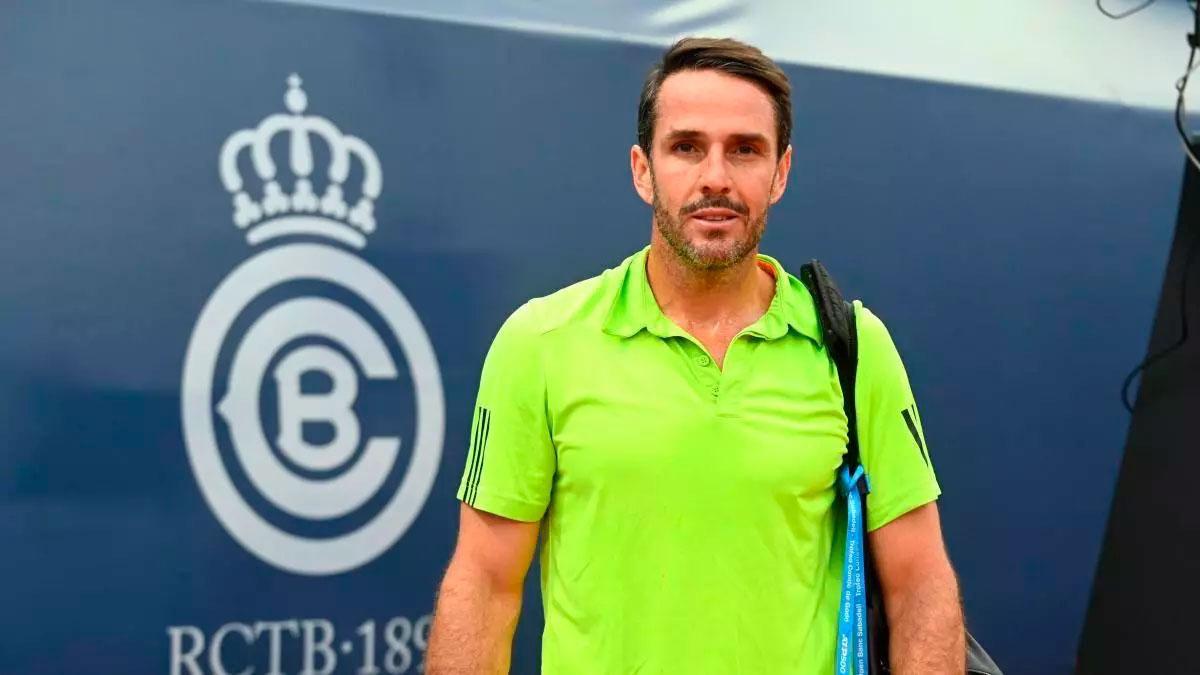Outrageous! Two well-known players severely punished for buying wildcards, facing bans and fines
The International Tennis Integrity Agency (ITIA) maintains a strict stance. Within just one year, multiple players have suffered severe consequences—some fined large sums, others suspended. One of the most notable cases involves 31-year-old Thai player Jatuporn Na Lanpong, who was found guilty of manipulating 22 matches between 2023 and 2024, violating the Tennis Anti-Corruption Program (TACP), resulting in a lifetime ban. Now, two more players have been added to this growing list.

On Tuesday, November 4, ITIA announced its latest sanctions. David Marrero, a 45-year-old former Spanish doubles star once ranked No. 5 in the world, and Malik Jazri, a 41-year-old Tunisian player and current Davis Cup captain, were penalized for violating TACP rules regarding wildcards. Marrero admitted to paying or attempting to pay for wildcards four times between 2022 and 2023.
His punishment is severe—a ban from October 21, 2025, to May 20, 2028, lasting two years and seven months, along with a $15,000 fine, $10,000 of which is suspended. Meanwhile, Jazri acknowledged involvement in one violation linked to Marrero. He received a nine-month suspension (October 28, 2025, to July 27, 2026) and a $5,000 fine, half of which is suspended.

The ITIA statement highlighted that Jazri “admitted to participating with Marrero in a breach of the TACP wildcard regulations.” According to the anti-corruption rules: “No covered person shall directly or indirectly offer, pay, accept, or receive any money, benefits, or other rewards in exchange for tournament wildcards.” The term “covered person” officially includes any player, associated personnel, or event support staff. There is no ambiguity in this rule, and ITIA reaffirmed its position with this sanction.
During their suspension periods, both players are barred from participating in any official tennis events, meaning they cannot compete, coach, or appear in any capacity at ATP, WTA, ITF, or Grand Slam tournaments (including Wimbledon, US Open, etc.).

As ITIA emphasized: “ITIA is an independent body established by tennis stakeholders to promote, encourage, enhance, and uphold the integrity of professional tennis competitions.” This penalty has caused a major stir in Tunisia, as Jazri will be unable to continue his role as Davis Cup captain during the ban. In fact, he is not the first Davis Cup captain to be sanctioned by ITIA this year.
On September 10 this year, ITIA suspended Australian Davis Cup captain Lleyton Hewitt for two weeks and fined him AUD 30,000 for violating the Tennis Anti-Doping Program. The incident dates back to November 2024 in Malaga, when Australia lost to Italy in the Davis Cup semifinals, and Hewitt allegedly shoved a 60-year-old doping control official. He was found guilty of “abusive conduct towards a doping control officer,” though Hewitt disputed the evidence during a Fox Sports interview, claiming the footage was “manipulated.”

While that case is still under review, corruption-related violations continue to surface. From lifetime bans to multi-year suspensions, the list keeps growing. This time, the cases of Marrero and Jazri draw particular attention—they will both be absent from the tennis world for several years.
Interestingly, ITIA also announced the launch of a new pilot program to support individuals involved in anti-corruption or anti-doping investigations. Under this initiative, anyone under investigation can receive funding for product testing, confidential third-party psychological counseling, and free legal assistance. The program aims to ensure fairness and mental well-being during investigations. It will run until the end of 2026, after which it will be evaluated—if successful, it might offer a lifeline to players who previously couldn’t appeal due to financial or legal barriers.
Meanwhile, all eyes are on David Marrero and Malik Jazri, who have remained silent about the latest penalties. Can ITIA’s firm approach combined with the new support system truly rid tennis of corruption’s shadow?(Source: Tennis Home, Author: Spark)







 Links
Links
 Contact
Contact
 App
App


